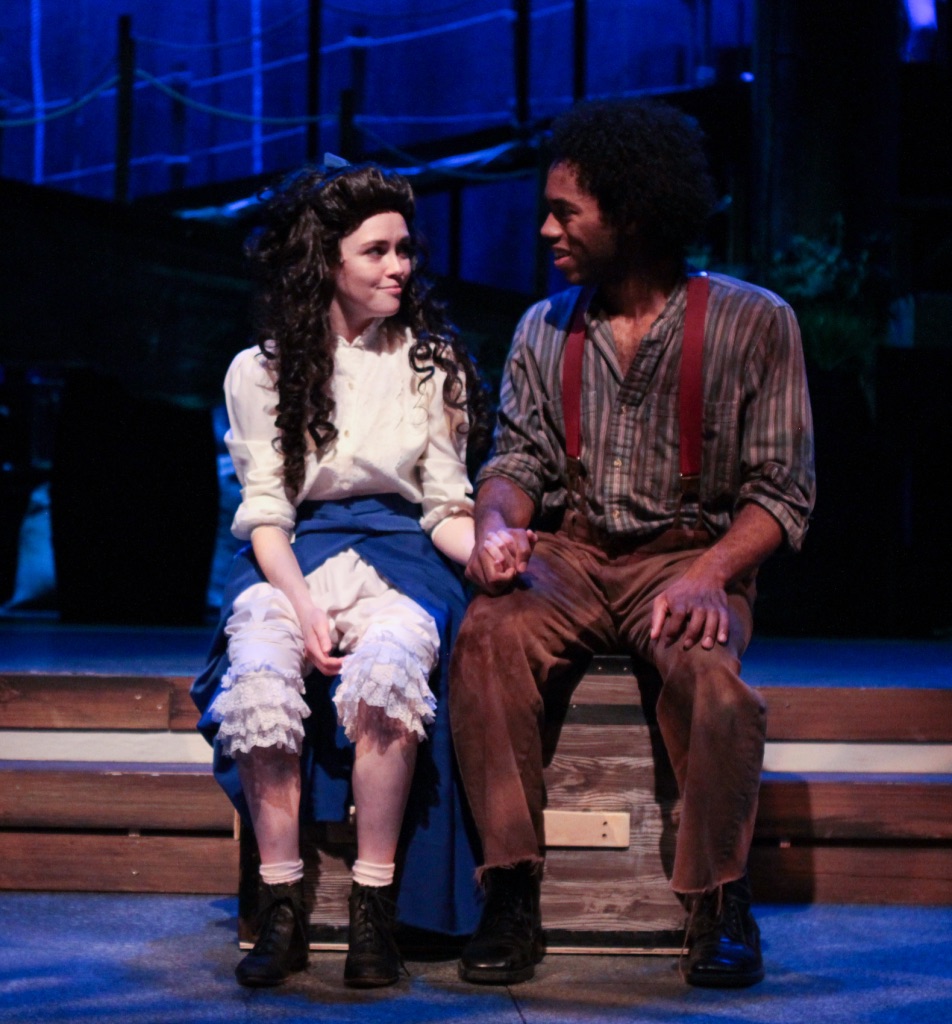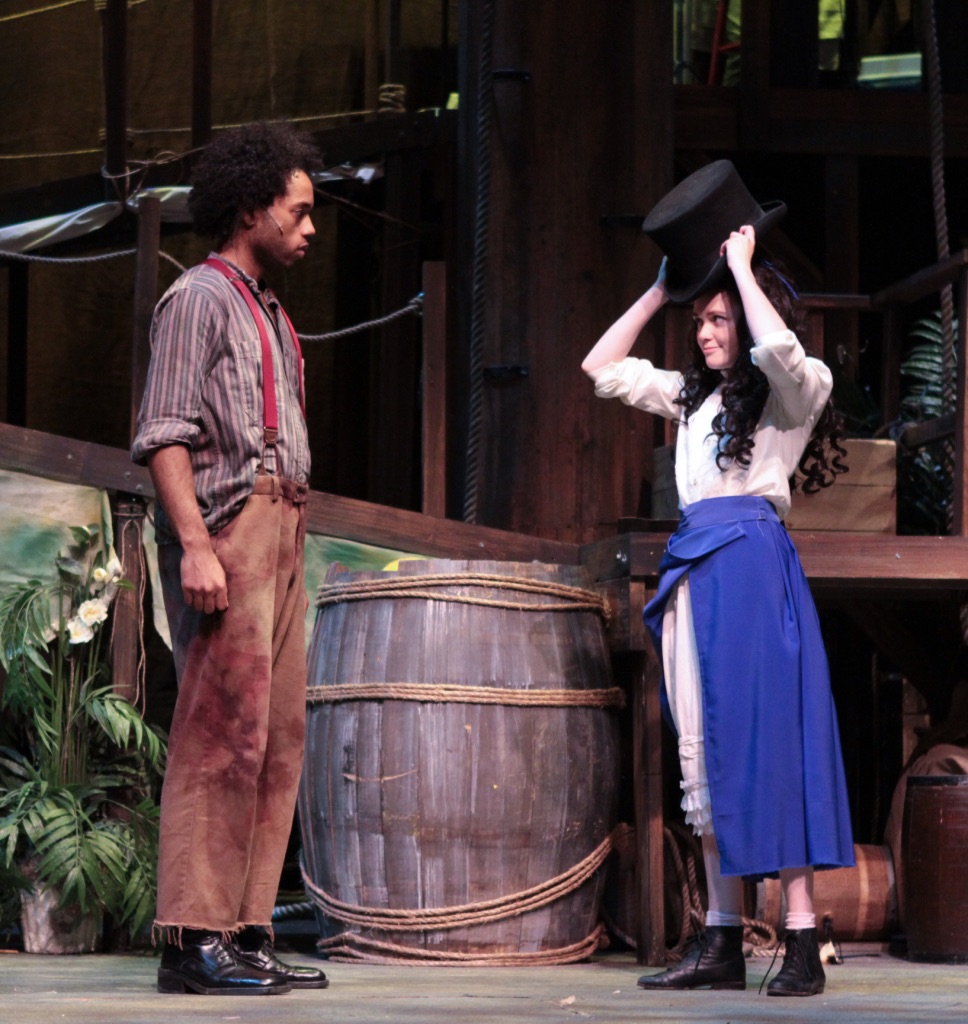 “The thing you did,” Lord Aster posits, “against impossible odds, that’s something you two will always share.”
“The thing you did,” Lord Aster posits, “against impossible odds, that’s something you two will always share.”
I’ve always been pretty good at endings. Or I guess I should say, I’ve always placed myself decidedly above endings. While my high school cast-mates clung to each other sobbing on the final night of a marathon five-performance run of Fiddler on the Roof or The Music Man or Annie, I hung back by the fly lines and looked on with confusion and mild embarrassment. What were they so upset about? We did it! We curated this awesome experience that will be immortalized in our teenage memories (and undoubtedly somebody’s father’s video camera) forever. And plus, we were all going to see each other tomorrow at school anyway. It was an end, not “the end.”

In the real world, of course, softly-edged endings solidify into cut offs that hold more weight, feel more concrete. You move away. You lose someone or something that you can never get back. People you love scatter to follow their own paths, and “See you tomorrow!” quickly becomes “See you…?” Still, the shared experience remains; despite time and distance and all the jostles of life, the beauty of the thing we did together crystallizes, suspended and sparkling in memory.
My favorite moment of Peter and the Starcatcher happens toward the end of the show, which feels very meta now as we enter our final weekend of performances. In an attempt to salve a broken-hearted goodbye, Lord Aster tells Peter not to worry, that soon he will forget everything and the pain will go away, to which Molly ferociously counters “No! It’s supposed to hurt! That’s how you know it meant something!” I’m eternally grateful for this story and the wonderful people alongside whom I get to tell it. They’ve made me realize that perhaps my attitude toward endings, while definitely less blubbery, skims over a deeper understanding of what losing something means. It hurts because it was good; the pain means that it meant something to me, something big and important and beautiful. Allowing that pain to surface is beautiful. Grieving and learning to love an ending for the time it represents is one of the most beautiful things I can imagine.
-Sarah Cartwright
Leave A Comment